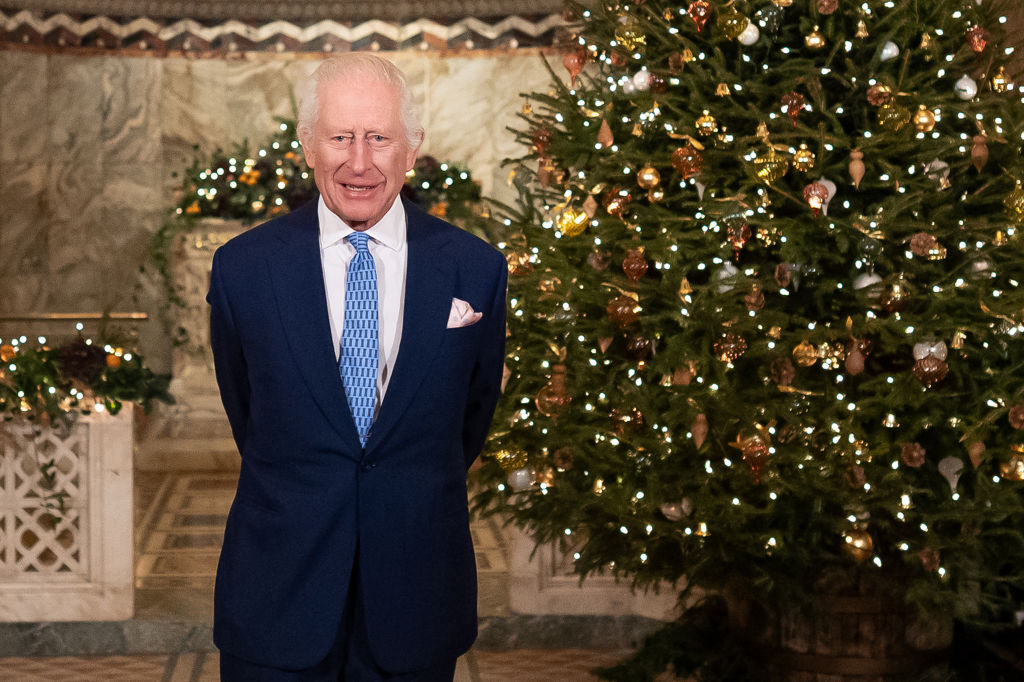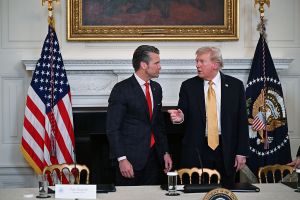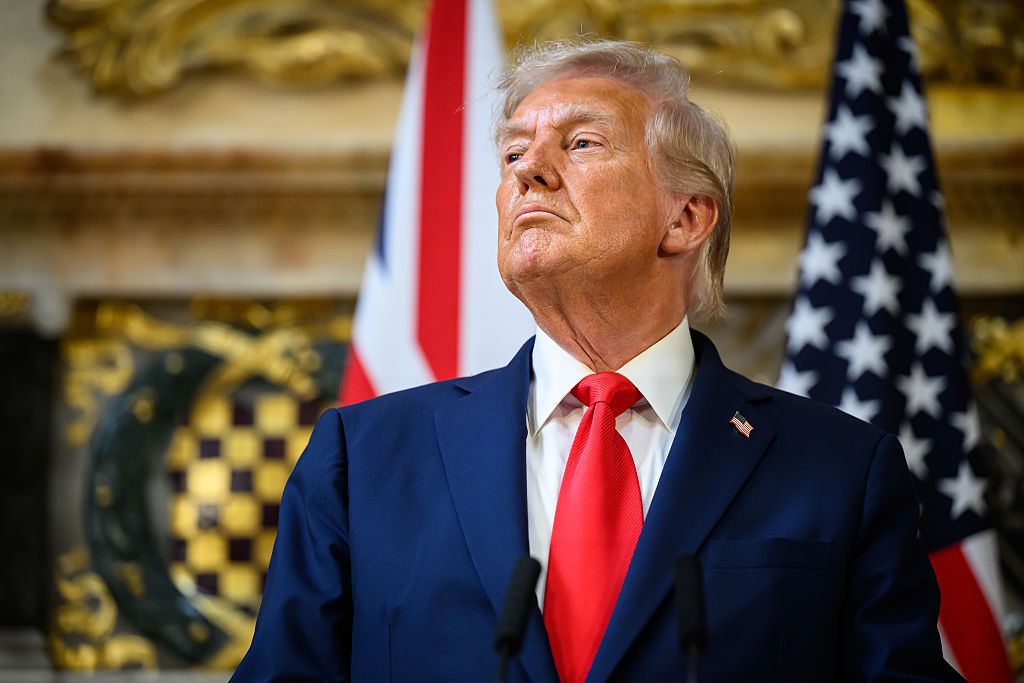At the beginning of King Charles’s Christmas speech this year, viewers may have been surprised when he did not immediately talk about his, or his family’s, struggles with illness, but instead about the eightieth anniversary of D-Day. It was, in fact, several minutes until the speech made reference to how “all of us go through some form of suffering at some stage in our life, be it mental or physical.”
Despite the controversies and confusions of the past year, there is still widespread support for the monarchy
After that, it was open season on talking about his difficulties, as the king said: “I offer special, heartfelt thanks to the selfless doctors and nurses who, this year, have supported me and other members of my family through the uncertainties and anxieties of illness, and have helped provide the strength, care and comfort we have needed,” as well as thanking members of the public for “their own kind words of sympathy and encouragement.” Most would have found the speech affecting, candid and delivered with a lack of self-pity or grandiosity. Yet it was as telling for what was not said as for what was.
During the accompanying video, there were many shots of the British royal family out and about, and it was notable that the so-called “dukes of hazard,” Prince Andrew and Prince Harry, were nowhere to be seen. It seems extraordinary that the king’s younger brother and younger son have simply been removed from public view. If you knew nothing about the situation, you would assume that the Prince of Wales was an only child and that the king had one brother and one sister. Yet this is the scenario that the king faces, and has done for a considerable time. A reconciliation with Harry is possible — I suspect that it is likely to ensue if and when he finally decides that life with Meghan in Montecito is not quite the bed of roses that they have been pretending it is. Andrew, meanwhile, has been beyond the pale for some time. The latest shenanigans with a supposed Chinese spy were only surprising in that they demonstrated an even greater lack of judgment.
Britain’s royal family does not go into 2025 on the front foot. The news that the king’s cancer treatment will continue is concerning — he certainly looked older than he did a year ago, understandably — and will lead to further rumors about the precise state of his health. Princess Catherine brings much-needed warmth and humanity to the Firm — as Queen Camilla does — but their ill health is a reminder that human frailty butts up against the apparently endless requirements of a monolithic institution.
Despite the controversies and confusions of the past year, there is still widespread support for the monarchy. Republican organizations in this country remain fringe concerns and have failed to capitalize on Prince Andrew’s continual, embarrassing difficulties. Most people have felt sympathy for the king and his family, and Charles himself has become a warmer, less distant figure than his mother. I was unexpectedly moved by a clip in the broadcast of the king embracing a group of New Zealand female rugby players, which he did with good humor and sincere enthusiasm.
His subjects want the king and family to come through their difficulties, and there was surely a nod to hopes for the next year when Charles declared in his address that he felt pride at how communities came together this summer after the riots “to repair not just buildings, but relationships. And, most importantly, to repair trust; by listening and through understanding, deciding how to act for the good of all.” No word or phrase in the king’s address is there by accident, and this suggestion of a new compact between the royals and their subjects, once the present phase is overcome, is a bold and stirring one.
2024 has been a dreadful year for the royal family, both through ill fortune and through ill judgment. Yet lessons can be learned. If the warring, squabbling family can heed them, 2025 may yet be a considerably greater one. If not, then, God save the king.


























Leave a Reply